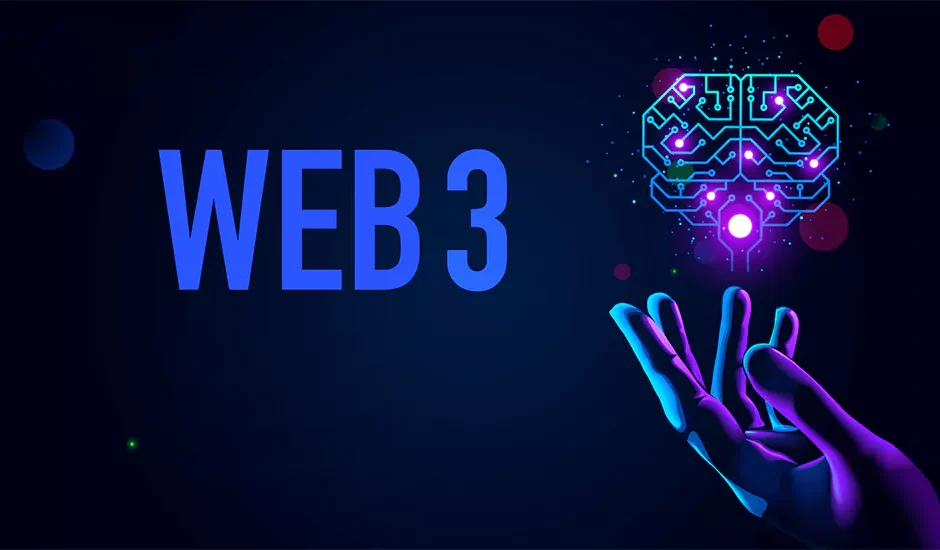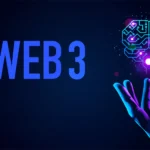The Web3 revolution is transforming the digital landscape, and at the heart of this transformation lies one of blockchain’s most powerful innovations: smart contracts. These self-executing agreements are the backbone of decentralization, enabling trustless, automated transactions without intermediaries. But what exactly are smart contracts, and why are they crucial to the Web3 economy?
What Are Smart Contracts?
Smart contracts are self-executing agreements with terms directly written into code. They operate on blockchain networks, automatically executing predefined actions when conditions are met. By eliminating middlemen, smart contracts enhance efficiency, security, and transparency in digital transactions.
Key Characteristics of Smart Contracts:
- Trustless Execution: No need for intermediaries like banks or lawyers.
- Immutability: Once deployed on a blockchain, they cannot be altered.
- Transparency: Their code and transactions are publicly verifiable.
- Security: Cryptographic protection reduces the risk of fraud.
- Automation: Execution is triggered when conditions are met, reducing manual intervention.
How Smart Contracts Power the Web3 Economy
Smart contracts are integral to Web3, the decentralized internet built on blockchain technology. They enable various applications, from finance and governance to gaming and digital identity.
1. Decentralized Finance (DeFi): The Engine of Autonomous Transactions
DeFi platforms rely heavily on smart contracts to provide permissionless financial services such as lending, borrowing, and trading.
- Automated Market Makers (AMMs): Platforms like Uniswap use smart contracts to enable peer-to-peer trading without intermediaries.
- Lending & Borrowing Protocols: Aave and Compound allow users to lend or borrow assets via smart contracts, replacing traditional banks.
- Yield Farming & Staking: Investors earn passive income through automated smart contract protocols that distribute rewards.
2. Non-Fungible Tokens (NFTs): Enabling Digital Ownership
NFTs, unique digital assets representing ownership of art, music, and virtual real estate, are powered by smart contracts.
- Ownership Verification: Smart contracts ensure authenticity and prevent duplication.
- Royalty Payments: Platforms like OpenSea enable artists to receive royalties on secondary sales automatically.
- Tokenized Real-World Assets: Smart contracts facilitate fractional ownership of physical assets like real estate.
3. Decentralized Autonomous Organizations (DAOs): Governance Without Centralized Control
Smart contracts are the foundation of DAOs, community-led organizations governed by token holders instead of centralized leadership.
- Transparent Decision-Making: Proposals and voting occur on-chain, ensuring fairness.
- Automated Fund Management: Treasury funds are managed by smart contracts, reducing fraud risks.
- Notable DAOs: MakerDAO governs the DAI stablecoin, while ApeCoin DAO manages ecosystem developments.
4. Web3 Gaming & the Metaverse: A New Digital Economy
In blockchain gaming and virtual worlds, smart contracts facilitate in-game economies and digital asset ownership.
- Play-to-Earn Models: Games like Axie Infinity use smart contracts to distribute rewards to players.
- Decentralized Virtual Worlds: Decentraland and The Sandbox use smart contracts for land ownership and virtual governance.
- Interoperability: Smart contracts allow assets to be used across different platforms, enhancing the metaverse experience.
Challenges & Future of Smart Contracts
Despite their immense potential, smart contracts are not without challenges:
- Security Risks: Vulnerabilities in smart contract code can lead to hacks and exploits.
- Scalability Issues: High transaction costs and slow execution times on some blockchains limit efficiency.
- Regulatory Uncertainty: Governments are still defining legal frameworks for smart contract-based transactions.
The future of smart contracts lies in layer 2 scaling solutions (e.g., Polygon, Arbitrum), formal verification methods, and increased regulatory clarity. As Web3 adoption grows, smart contracts will continue to drive automation, transparency, and decentralization across industries.
Conclusion: The Foundation of a Decentralized Future
Smart contracts are revolutionizing how we interact with the digital world, forming the backbone of the Web3 economy. From DeFi and NFTs to DAOs and gaming, they enable seamless, trustless, and efficient transactions. While challenges exist, innovations in blockchain technology continue to refine and expand their potential.
As we move towards a decentralized, user-owned internet, smart contracts will play a defining role in shaping the digital economy of the future. Are you ready to embrace this revolution?
Alexandra Bell is a blockchain researcher and crypto journalist with a focus on the intersection of decentralized technology, financial markets, and global regulation. With a background in law and economics, she provides in-depth analysis on how evolving policies impact the cryptocurrency landscape.



